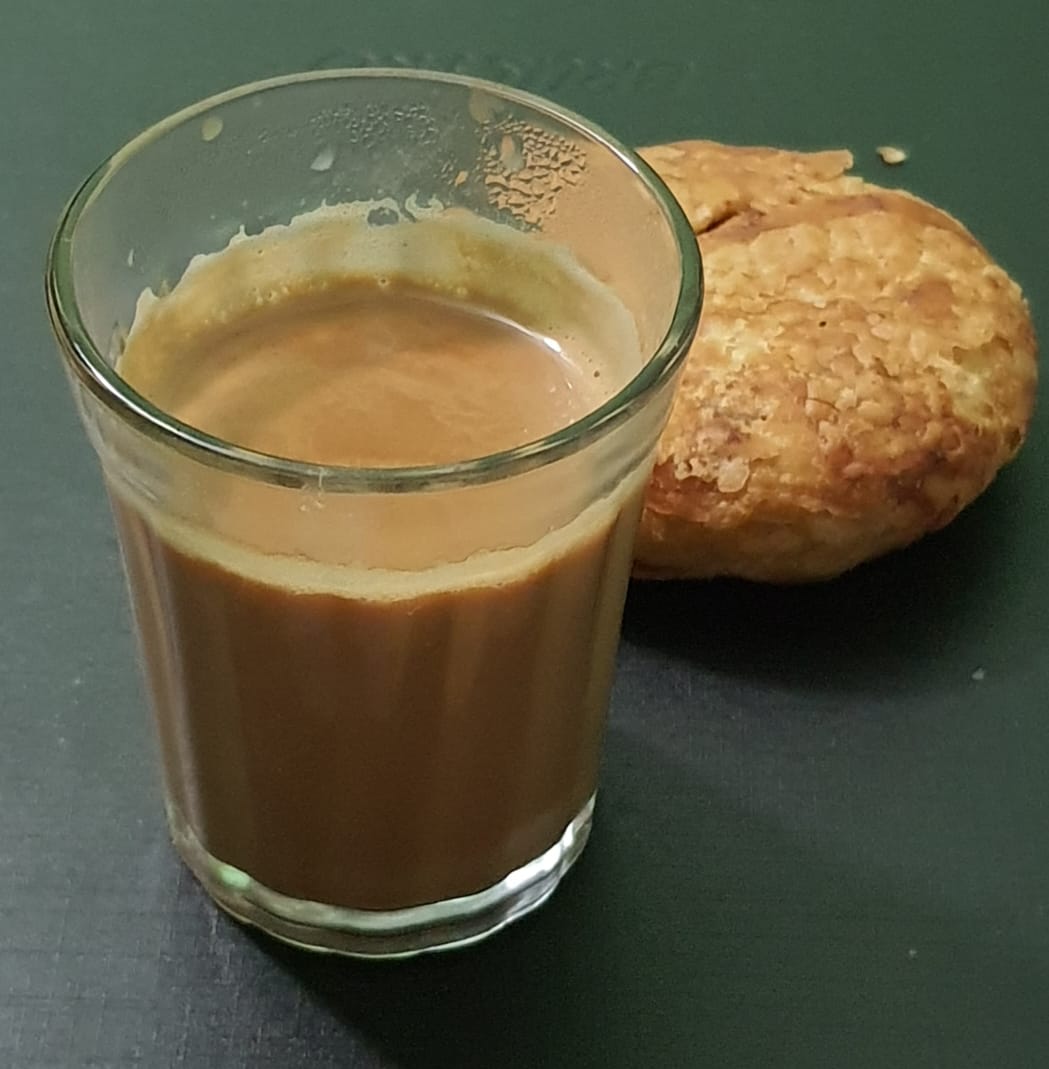Visiting mom

I visited Mom today to see how she is doing. She is doing well now, after she broke her humerus—had those greedy butchers operated, I would have lost her—the orthopedic-fuck wanted to plate shattered, osteoporotic humeral bone in a seventy-seven-year-old, multi-comorbid, overweight woman as though she were a cadaver in some godforsaken surgical training camp. The clarity of that near-death still hangs between us like an iodine ghost—unspoken but pungent, a vapor that memory won’t let dissipate. I have long since exhausted the polite vocabulary for Indian doctors, especially the ones in Bengal—what are they but glorified pickpockets, disguised in starched coats, probing for profit with latexed fingers, and going to any vile length to widen their purse. There is no Hippocrates left in these men, only Hippocrazy.
I do not stay with her in Calcutta. The degenerates I once—foolishly—entered business with while still green and starry-eyed in America have made it an impossibility. Living with an aged parent in any semblance of dignity, in a peaceful colony, among gardens and birdsong, is a vision that now exists only in state-sponsored advertisements and the private fantasies of the dying. So I visit her when I can afford to—scraping by in a hardscrabble city, traveling not by ease, but by compulsion and guilt and something more ineffable, like devotion with its spine bent under debt.
There she was, in her simple Bengali evening wear, still stitched in hope—though of what, I cannot say—a kind of limp, devotional hope, full of vague astrological debts and semi-religious transactions with fate. I tell her, always, to extend that wish beyond me, to consider the less educated, the less lucky, the less heard. But it is hard, I think, to teach an old heart new grammar. The room she was in had not changed; her presence transubstantiates furniture, old light, the familiar clink of her anklet chain against marble floor, into something dense and continuous. In a world where only technology and death advance, my erstwhile old North Calcutta residence stands still like a ghost of my former past. Old Calcutta stands still too. And maybe, deep inside, so does the future of this country.
Her nurse made tea, thick with milk and memory. This image of tea I post here—this glass—is the one I am drinking from as I write this post, trying not to disturb the sediment of recollecting the evening too violently. I drank that nurse-made tea, quietly, subconsciously, in conversations with her, those loose, ambling dialogues that once were daily, and even now arrive unrationed. We talked of unrelated matters, of things that won’t dig up past bruises in my mind. She spoke to Google Gemini in Hindi—it was touching. They spoke of Ladnu, her birthplace. It bruised me that her father had done so much for the Marwari community, and all I have inherited is its aloof, evasive suspicion, a sterile cruelty passed down not culturally but hereditarily, like brittle bone.
She is beginning to see, more and more, the deep rot in Indian society—slowly, cautiously, as if her mind must tiptoe over what her heart still defends. I warned her again, gently but clearly, about her hip, her step, her stride. Told her to read my blog—not that I expect her to, but because I want her to know I still want to speak.
The cab I rode back home was electric. The driver was a young Muslim kid named Imran, and I encouraged him to get into science. It slid through the crumbling arteries of the city like a surgeon’s scalpel, indifferent to the decay it passed. Even though the city is in a permanent state of disrepair—its walls eroded, its drains mutinous—the progress imported from abroad keeps shining its neon lipstick on these cracked carnivalesque lips. Charging docks shimmer like misplaced organs, surrounded by the stench of something already dead. It is grotesque, this juxtaposition. It feels like wearing cologne in a mortuary.
When I left, she hugged me. She always did. Her arms, flabbier and shakier now, still knew how to hold as if I were small and could be protected. She walked to the gate and waited until I was fully gone—past the stairs, past the corner, until I could no longer be seen. She gripped the iron grill like it was the edge of the world, and her not letting go was the only thing keeping it from crumbling.
Back in the cab, I did not speak. Outside, the third-world cheap LED billboards blinked with their hollow gospel: progress, deals, tomorrow. Garbage heaps glittered under drone-light like carnival trash. Inside me, the tea still clung to the walls of my throat, a warmth that was neither hunger nor comfort, just proof. The ice cream had left its dry, familiar coat on the back of my tongue. What I was carrying wasn’t nostalgia. It wasn’t even memory. It was a sacrament. A communion. A reaffirmation that there are still truths too whole to say aloud—only sip.